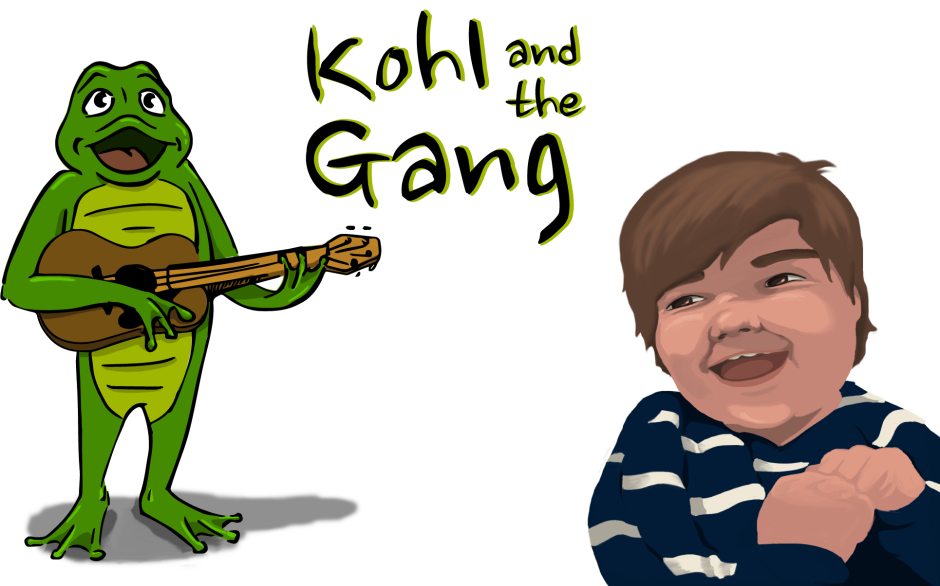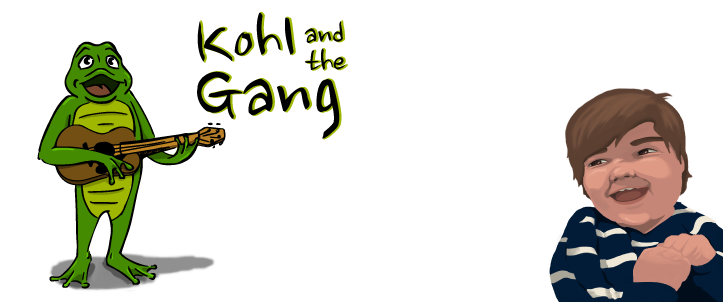In Waiting for Eli, Chad Judice tells the story of the journey he undertook after hearing that the child that his wife was pregnant with would have a serious birth defect, specifically, spina bifida. The book chronicles the family’s experiences – through a dad’s eyes – of what that was like. I was drawn to the book for two reasons.
First, you do not often get to hear a father’s perspective on experiences like this. Men are usually expected to be strong and silent and be in the background while women tend to be more open to describing how they process experiences like this emotionally. I often joke with Sarah how much better she is at “talking about feelings” than me. But painting a very small picture of what it has been like raising a child born with brain damage on this blog has been – for me – a cathartic experience. And I am truly humbled that people continue to listen to me flap my gums here.
The other reason I was interested in the book was geography. The author lives in Lafayette, Louisiana which is a cool little city about two-and-a-half hours west of New Orleans. So, I was curious to see how a fellow Louisianian has processed an experience similar to mine.
What worked for me
Several of the emotions he experienced were similar to what I experienced – shock, loss of control, being humbled by an outpouring of support, and the power of prayer. He admits, early on, that he had a lot of difficulty coping with situations that he cannot control. This resonated with me, as I can distinctly recall sitting in the waiting room at Children’s Hospital the day after Kohl was born just minutes after getting the devastating news that he had sustained massive brain damage. The shock of the initial 24 hours was beginning to wear off, and a feeling of deep despair was creeping its way in as I realized that this situation was, very much, out of my control.
I also admire his faith and his optimistic attitude, which is something I strive to have every day. There was a dialogue in the book between the author and one of his colleagues in which he was opening up about how the thought that his child may die in the womb or live a less-than-normal life never leaves his mind. Her suggestion to him was to live one day at a time, because he may not be here tomorrow. That is simple advice, but it’s easy to forget.
There was also a part in which he had just gotten some statistics from a physician on the kind of life he could expect his son to have. His response was essentially to forget the statistics. His child was not a statistic and only God knows what his limitations will be. This is also another simple maxim, but one that is easy to forget. Parents of children with medical conditions can sometimes fall prey to believing that whatever a doctor says is gospel. The fact that doctors are human too and that they are frequently wrong and see things from a very limited perspective is something to always keep in the back of your head.
What didn’t work for me
The first issue I had with the book is that the challenges the author’s son faces are so vastly different than what Kohl faces that it made it a little difficult to relate to. In the book, his son was assessed to be neurologically normal, while Kohl has global brain damage and has a host of neurological issues. In no way do I want to demean or make light of the immense challenges that parents with other disabilities outside of the brain damage realm face. But neurological damage introduces a whole host of other challenges for a family, and for that reason, I could not relate totally with what this family was going through.
For me to publicly discuss this was a bit of a gamble because it has the potential to be taken the wrong way. The fact is that there are some kids with disabilities far less severe and far more severe than Kohl’s. For me to judge a parent’s reaction to their child’s disabilities and think “well you have it better than we do because at least your child doesn’t have to deal with X, Y, or Z” does nothing more than invalidate what that parent is going through with their child, and that is neither constructive nor fair to that parent. I only bring this up to say that various disabilities bring various kinds of challenges to the child afflicted with those disabilities and their parents who love them. And to the extent that I decided to read this book, in part, to find some common ground, this was the part that fell a bit short for me. That is all.
The other issue I had with the book is that the author and I have differing views on religion. It is very clear, early on, that the author is a devout Catholic, and that religion was clearly a part of his life well before the issues with his son. As a result, his faith was an immediate source of comfort and strength for he and his family. I truly do admire his faith and strength, but I just could not completely relate to it. I am a Christian, but I certainly have my issues with Christianity and Catholocism, and I would not consider organized religion to be a substantial source of comfort or strength for me or my family. I don’t say that to demean the author’s faith in any way, but there are simply different strokes for different folks. And while I am convinced that there is a higher power at work in our lives that is influencing things with Kohl, and I do believe in the power of prayer, the frequency with which the author relied on various aspects of organized religion as his source of comfort made it difficult for this book to truly resonate with me.
Conclusion
If you (1) love a young child with medical issues who is just starting out on his or her journey and (2) you are a devout Christian (especially Catholic), you will get a lot out of this book. If you are not a Christian or if you have no use for organized religion, this book is not for you. I know plenty of other parents of children with special needs who still harbor a great deal of resentment at the very idea of religion as a source of strength or even a positive thing in their lives. To those in that category, I would recommend steering clear. But for those, like me, who fall somewhere in the middle of the spectrum of devout Christianity on one end and atheism on the other, will, I think, derive some value from this book.
this is default footer data




